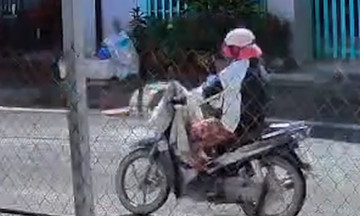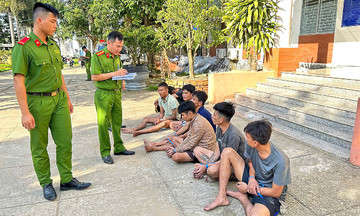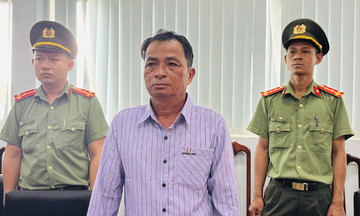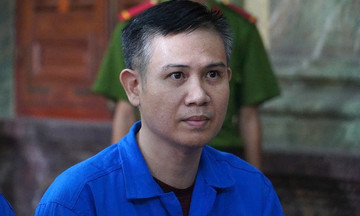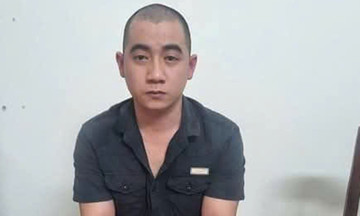Born in 1957 to a well-off family in Tokyo, Yasuko Watanabe studied economics at the prestigious Keio University.
In 1980, Yasuko became one of 9 women hired by the Tokyo Electric Power Company (TEPCO). She disliked the job because all female employees had to wear uniforms while men did not. She also resented having to make tea for male colleagues and superiors, a common expectation for women in Japan, regardless of their professional achievements. Nevertheless, Yasuko persevered to support her widowed mother.
The unusual lifestyle of a successful woman
Yasuko's downfall seemingly stemmed from jealousy when a female rival was selected for a program at Harvard University, according to respected journalist and author Shinichi Sano. Sano's book on the case, *Tokyo Electric Power Co. Office Lady Murder Case*, became a bestseller in 2000.
A few years later, when TEPCO temporarily transferred Yasuko to a government-funded policy research institute, she perceived it as a demotion. Yasuko aspired to a more prestigious position at the Ministry of Foreign Affairs or the Ministry of Economy, Trade and Industry, Sano wrote. However, a paper she wrote on changing household economic structures earned her recognition at the institute.
Despite being a promising senior economic researcher earning nearly 100,000 USD annually, Yasuko moonlighted at a hostess bar, where men paid high prices for female companionship and drinks.
In 1989, Yasuko became a prostitute. Every day at 5 PM, she would take the subway from work to Tokyo's Shibuya district, earning around 250 USD at a high-end escort agency, netting 150 USD after expenses.
By then 32, Yasuko couldn't command higher rates. According to a man who frequented her for two years, Yasuko would lecture on the Japanese economy and energy needs, then drink three cans of beer before completing the transaction. Yasuko expressed pride in working at TEPCO but confided that she had been driven to prostitution after being abandoned by a married colleague.
Yasuko descended into the lowest levels of prostitution. Even in heavy rain and freezing cold, she drove to meet her self-imposed quota of "four clients a night." She would solicit anyone for as little as 20 USD, including foreign laborers, often considered second-class citizens in Japan.
A body in an abandoned apartment
On 19/3/1997, Yasuko's body was found in a vacant apartment. She had been strangled to death. Her mother had reported her missing 10 days earlier.
At the scene, police discovered 28 condoms, four for each day of the week, tucked neatly in her purse.
They also found Yasuko's detailed records of the men she had slept with, at least 88, including dates, times, and payments.
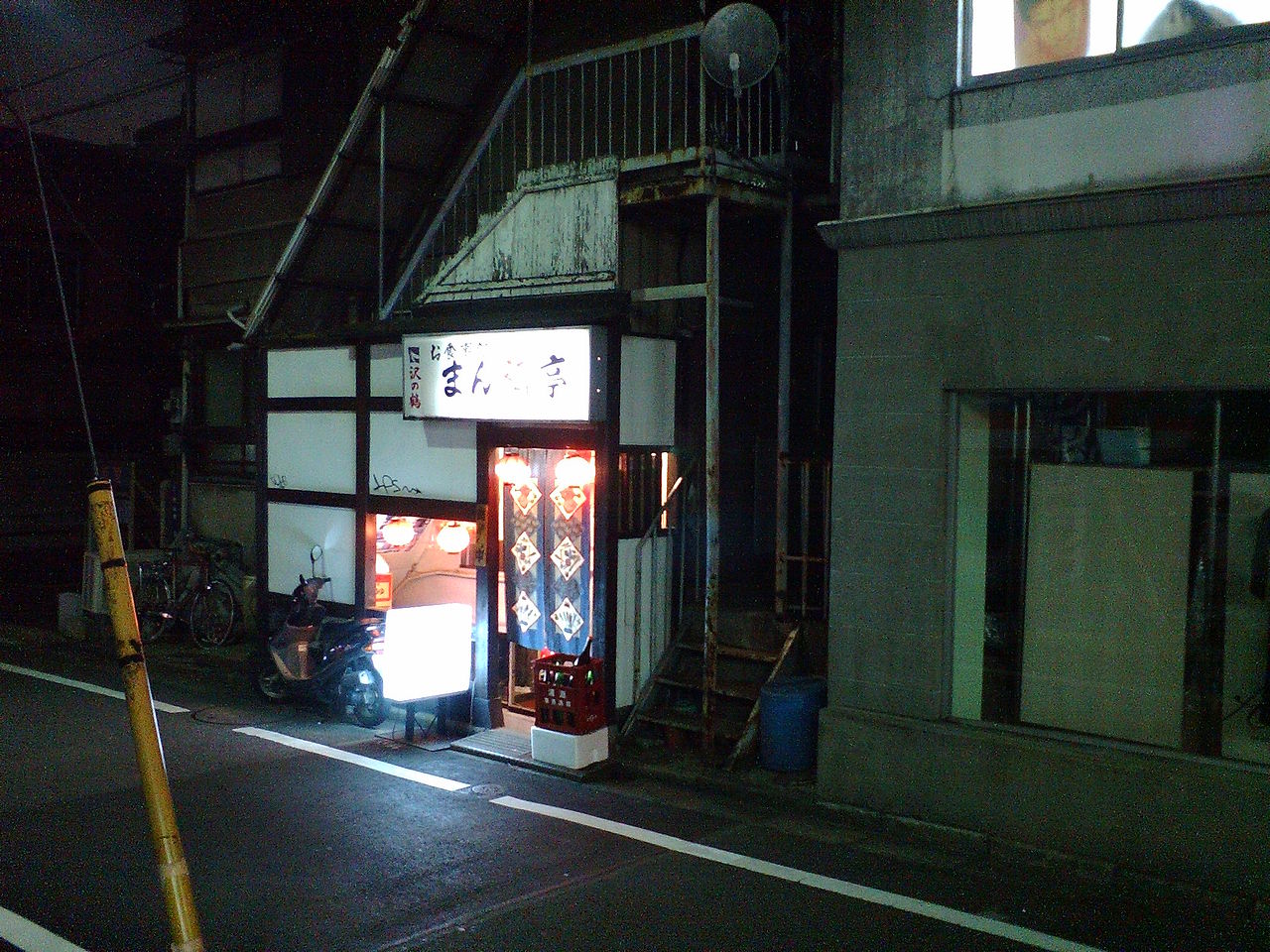 |
The building where Yasuko Watanabe's body was found in an apartment in Shibuya, Tokyo. Photo: Nantonaku |
The building where Yasuko Watanabe's body was found in an apartment in Shibuya, Tokyo. Photo: Nantonaku
One man on the list was an illegal immigrant from Nepal, Govinda Prasad Mainali, who lived near the scene. Mainali voluntarily came forward to clear his name, knowing it could mean deportation.
Married with two daughters, Mainali had arrived in Japan in 1994 on a three-month tourist visa. His goal was to learn Japanese to work as a relatively well-paid tour guide back home.
Like thousands of foreigners drawn to Japan for higher wages, Mainali overstayed his visa. He worked as a waiter at an Indian restaurant in Tokyo, sending money home to his wife and building a house in Kathmandu, Nepal's capital.
Mainali lived with four other Nepali men in an apartment near Yasuko's familiar street corner.
Flimsy evidence
Police determined that a condom found in the apartment's toilet contained Mainali's semen. Controversially, the police estimated she was killed on 8/3, but Mainali insisted he last had sex with her in late February.
Police arrested Mainali for working illegally but focused their interrogation on the murder. The alleged motive was robbery.
Mainali initially denied knowing Yasuko, deepening police suspicion. He eventually admitted to having sex with her three times.
Mainali's lawyer claimed two officers interrogated Mainali from morning till night for weeks, regularly kicking, punching, and pulling his hair to coerce a confession. Mainali refused to confess, and nearly two months later, on the day the court found him guilty of the visa violation, the police formally arrested Mainali for murder instead of deporting him.
Their evidence was thin. Another client, who had been with Yasuko the evening police believed she was killed, said he paid her around 400 USD. This money was reportedly missing when police found Yasuko's body in the unlocked apartment.
Police questioned Mainali's Nepali roommate, also in Japan illegally. The roommate claimed Mainali had repaid a 1,500 USD debt around the time of the murder, about 400 USD more than Mainali could have possessed, according to prosecutors. Mainali's lawyer asserted the roommate lied under police pressure. The roommate was later deported to Nepal.
On 14/4/2000, the Tokyo District Court acquitted Mainali. However, authorities refused to release him while prosecutors appealed, a move Mainali's lawyer claimed was unprecedented for a Japanese national.
Wrongfully imprisoned for 15 years
With no new evidence and no explanation beyond Mainali's asserted guilt, the Tokyo High Court overturned the acquittal and sentenced Mainali to life in prison on 22/12/2000.
"I am innocent. I have done nothing wrong," Mainali said as he was led to solitary confinement.
 |
Govinda Prasad Mainali. Photo: AFP |
Govinda Prasad Mainali. Photo: AFP
Mainali's lawyers said the High Court refused to accept tests showing Mainali's semen traces were old, which the lawyers offered to reinforce the lower court's conclusion. A hair of Mainali's found near the body was accepted as evidence, but a hair belonging to someone else was not. Testimony about used condoms seen outside the apartment window was also dismissed.
Foreigners working illegally in Japan have few rights in court. The situation is worse for those from developing nations. "The immigration authorities have 100% power to decide their fate," said Mainali's lawyer, Katsuhiko Tsukuda.
Police lacked interpreters for many languages. Mainali was provided an Indian interpreter who spoke Hindi, not Nepali.
Nepali officials attended the trial and visited Mainali in prison but remained silent on the verdict.
Some Japanese formed a support group for Mainali, visiting regularly and helping fund round-trip airfare for his relatives from Nepal.
In 2005, Mainali petitioned the Japanese justice system for a retrial, which was finally granted in 2012. A July 2011 DNA test proved that several semen, blood, and saliva samples found on Yasuko's body did not belong to Mainali.
Mainali's conviction was overturned in June 2012. The Tokyo High Court declared him innocent in November 2012. Instead of an apology, Mainali was deported to Nepal for overstaying his visa.
"I was forced to endure 15 years of terrible and painful imprisonment for a crime I did not commit. If the DNA test hadn't been conducted, I probably would have died in prison," Mainali said after the court session.
In 2013, Mainali was awarded 68 million yen in compensation for his 15 years of wrongful imprisonment.
Local media reported that Mainali's case raised questions not only about Japan's justice system but also about the work of prosecutors, who play a leading role in criminal investigations.
The case captivated Japan due to its sensitive details. Yasuko's private life sparked debate about why she engaged in prostitution. Some women said, like Yasuko, money wasn't their motivation. They craved something else, something harder to define.
Some observers suggested that single, career women face difficulties in Japan because they fit neither the predominantly male work environment nor the traditional societal expectation that women marry, have children, and leave the workforce.
Tue Anh (according to *Los Angeles Times*, *BBC*)






